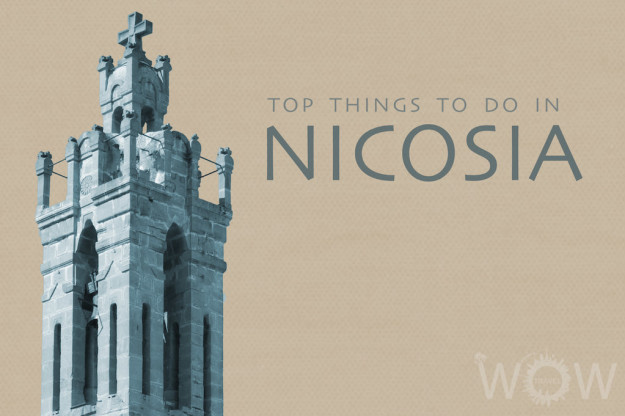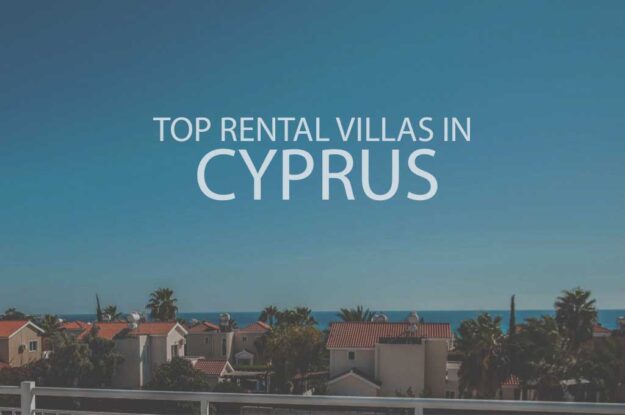Boundaries sometimes overlap when categorizing Southern Europe as many of the countries listed in this part of the continent are also listed in other broader regions. However, the one unifying factor in this group of sixteen countries that make up this part of Europe in the Mediterranean Sea. Quite predictably, the food and culture are influenced by the climatic conditions of the region, as is the landscape. Visitors head to Greece’s Santorini or Croatia’s coastline in droves to experience first-hand the wonders of the Mediterranean lands. While Spain and Italy are the most industrialized countries in Southern Europe, the rest of the countries in the region rely greatly on agriculture.
Southern Europe too is dipped in history, and the remnants of great civilizations and cultures are visible in the ancient ruins and great monuments. The grand Colosseum of Rome, the Alhambra in Granada, and the San Giovanni Fortress in Montenegro are a testament to the region’s glorious past. Southern Europe’s fascinating present is reflected in the well-heeled cities of Milan and Barcelona and in the gastronomic centers of San Sebastian and Bilbao.
Also known as Lefkosia, Nicosia is the capital city of Cyprus and it is split in half, the northern side filled with Turkish Cypriot communities, and the southern side home to Greek Cypriots. Nicosia is a great vacation destination with a beautiful Old City, fascinating museums, bustling pedestrian streets and great restaurants. There’s something magical…
For your next vacation, why not visit Cyprus? It’s a delightful little island that offers wonderful views of the Mediterranean Sea. Fun fact: it’s the third largest island in the Mediterranean and is known for its beautiful beaches, history, and nature. If you’re visiting with your family or friends, consider staying at a holiday villa…


